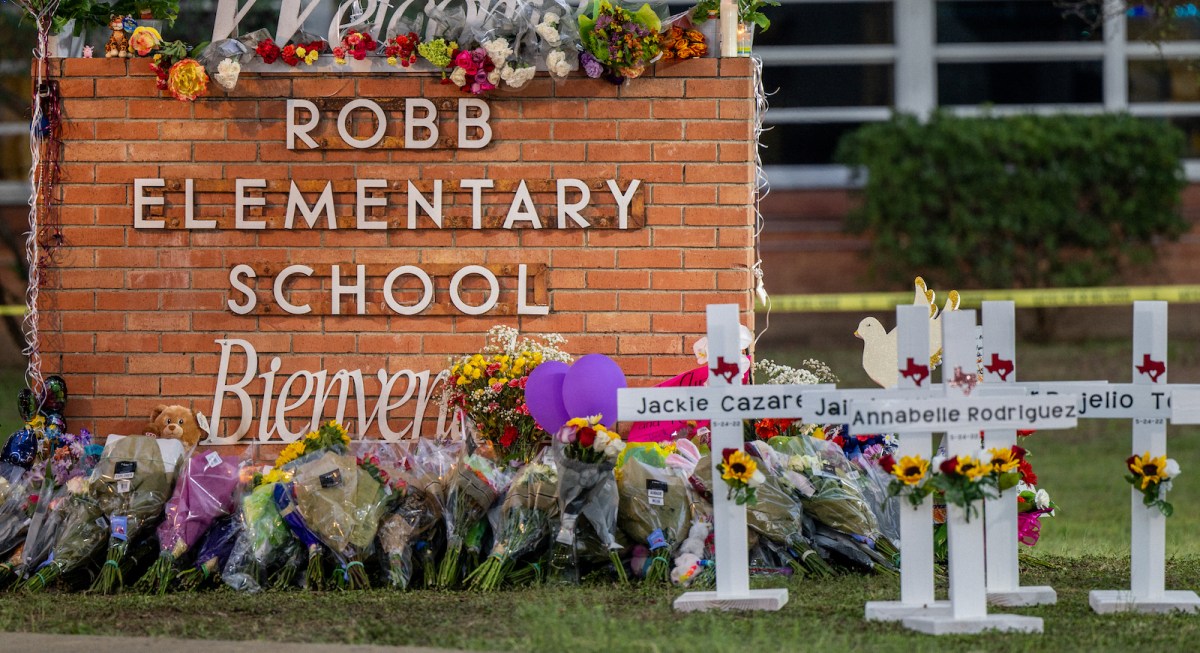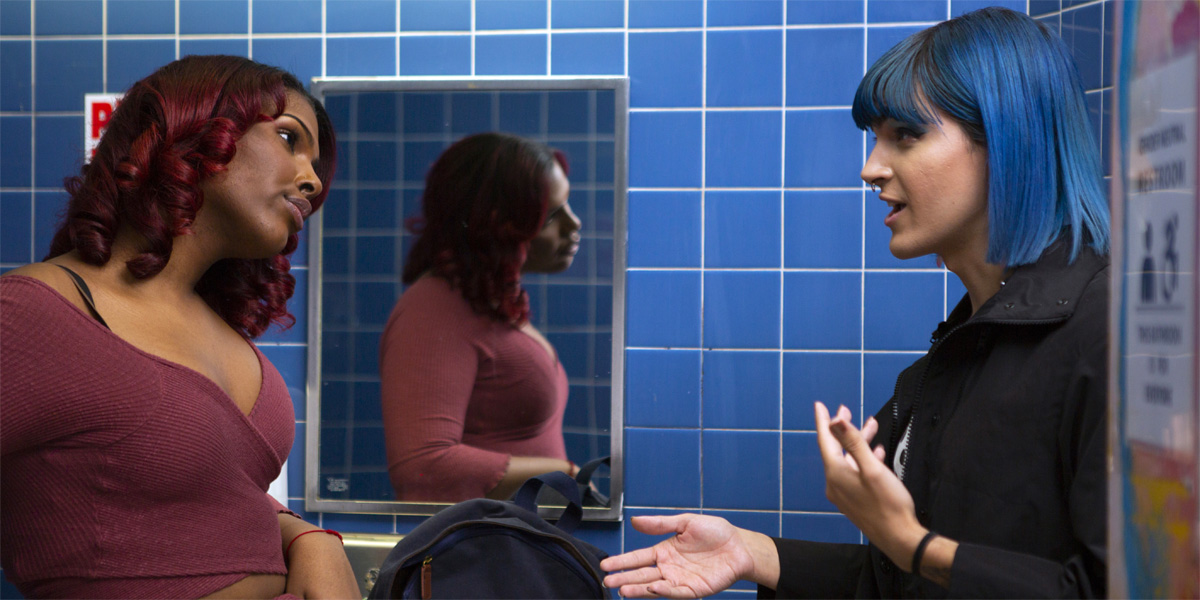Education is one of the most oppressive tools employed by the settler colonial society that is the United States. The information we are fed as students is purposefully crafted to support the white supremacist notion that white people are the sole or most important thinkers, operators, and history makers. History, especially, is fashioned in a way that posits Western empires at the center of the universe and glorifies violent colonial processes. Given that schools are mostly structured as hierarchical, teachers easily become oppressors to youth, stripping them of autonomy and self-actualization. Educational resources are distributed unevenly and further disadvantage poor and BIPOC communities.
As someone who has been a reading comprehension and literacy educator for middle schoolers, and writing tutor for undergraduate students, I recognize that I am navigating a position of privilege. I’ve been given the capability to perpetuate harm towards students. But I’m not with colonial white supremacist bullshit, so I ensure that I am doing all I can to actively reduce the harm orchestrated by systems of oppression and work toward building a world in which the model for education is holistic, liberating, and guarantees that each student is valued and given the tools they need to succeed.
Before I continue, I want to stress that colonial structures can never be fully decolonized as long as they are standing. No matter how transformative or radical our praxis may be, we are still working in foundations that were created with oppressive intentions and constructed on stolen land. Ultimately, we will never be free until we give land back, sovereign power is restored to Indigenous peoples, and a new foundation is built.
However, does that mean we should give up our efforts in making the world a better place? Fuck no. We all have a responsibility to lift each other up and lead with care.
Give Students More Control Over Their Education
Youth often go to school without a choice, learning things they never chose to learn. While of course there are requirements set by forces beyond our control of what should be in the curriculum and how it should be delivered, we should ask students questions that will grant them more control over how they learn. Not only will they have more mobility, but they are also more likely to be engaged in learning than if they were simply fed information they do not care about. Ask them if there are any topics that particularly pique their interests, what their desired outcomes are after learning the materials.
I had students who loved graphic novels, and I allowed them to choose which graphic novels they would like to read. I had one student who loved games, so I created games that incorporated characters, plot points, literary techniques, and more. Another student wanted to create an artistic piece that reflected the book we read as a final project, so I let them and encouraged their imagination to run wild.
Have Your Students Hold You Accountable
With every student I encounter, I’ve always told them that if I’m doing something they don’t agree with or like for whatever reason, they should challenge me. I first learned this in my Feminist Theory class during undergrad. On the first day, with the class situated in seats that were placed in a circle so we can all face each other, the professor made us create a list of expectations we had for her. A few things on the list included her to never raise her voice at us, give us grace if an assignment can’t be turned in on time no matter what reason it is, and to not let her personal life have a negative impact on her teaching.
Accountability can look different in many ways. Maybe you and your students can have weekly check-ins where you give students the space to share what they think is working or may not be working. Maybe you all can create a chart that lays out what expectations you have for each other. The most important thing is to make sure that each voice is heard.
Include Materials by Marginalized Groups
When I reminisce on how I was a Latine child from The Bronx, attending schools with mainly other Latine and/or Black kids, I grow sad over the fact that most of what we read were by white authors and had white characters. These characters were also from suburban neighborhoods that were foreign to us as people from an urban community. It makes sense to me now why students would rebel and dismiss these books. There were no characters that looked like us, nor were there characters that shared our experiences. When I worked in a public middle school with a Black and brown student population, one group of 7th and 8th graders that I educated chose to read Jacqueline Woodson’s Brown Girl Dreaming. They loved it. One girl in particular often shared how seen she felt by the book. To further drive home the book’s theme of Black female empowerment, I had students watch Black is King, directed by the one and only Beyoncé.
It goes without saying that representation is vital and lifesaving. But even if you have a classroom of mainly white students, it is critical to explore the diversity of being. We gain a better, more complex insight into the world when we hear voices that are not just from people like us. When we showcase voices from different walks of life, we teach students that each voice matters.
Allow Yourself to Learn
Learning doesn’t magically end once you reach adulthood. The idea that you can no longer be taught anything, and you’ve reached a superior stage in which you’re finally separate from young people who are still learning, is ageist. As human beings, we are constantly evolving and becoming something entirely new as each day passes. Just because educators are primarily doing the teaching in the classroom, that doesn’t mean educators can learn from students. From students, I’ve personally learned the importance of asking questions. Moreover, I just love learning about students’ lives in general. It brings me joy to hear about one student’s special interest in Sonic the Hedgehog or another student’s family trip to the Dominican Republic. Not only does it build empathy and compassion within me, but it also gives me better direction on how to go about tutoring and educating based on specific personalities and learning needs.
You should also consider learning from other resources. For me personally, I like to learn from books and implement ideas that I find to be beneficial into my praxis. Teaching to Transgress: Education as the Practice of Freedom by bell hooks recognizes the potential freedom that can be achieved in the classroom and how teachers can use their power to push against racism, sexism, and all other forms of oppression. Pedagogy of the Oppressed by Paulo Freire particularly highlights the connection between education and oppression and outlines how oppressed people should direct the development of their own pedagogy. Decolonizing Education: Nourishing the Learning Spirit by Marie Battiste draws from Indigenous scholars and reflects on how the hegemonic model for education became Eurocentric.
There are plenty of other awesome books to choose from, and even if you’re familiar with these options already, I always find that I am able to have a deeper understanding of a text once I read it a second or third time.
Do you have other decolonized methods to educating? Let us know in the comments!
Practical Magic is a new column that curates how-to articles for living your best queer life, edited by Meg Jones Wall.







